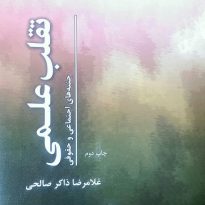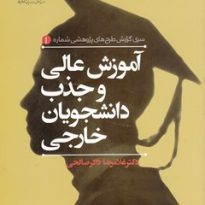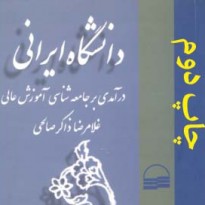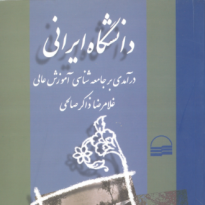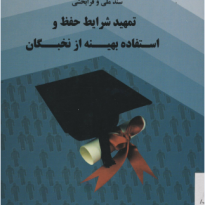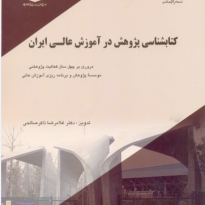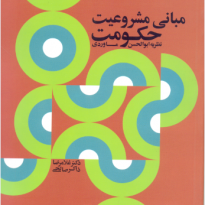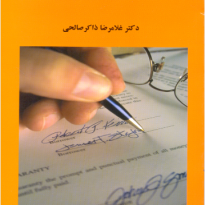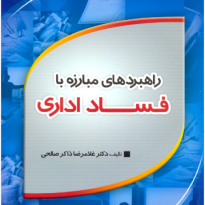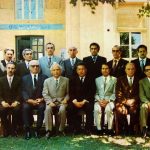
Study on the Legal Status of Traditional and Complementary Medicine and the Challenges Ahead in Iran
Institute for Research & Planning in Higher Education, Tehran, Iran
Medical Law Journal. 2017; 10 (39) :101-120
URL: http://ijmedicallaw.ir/article-1-656-en.html
Abstract:
In recent years, traditional and complementary medicine has received a great interest from the public; however, the provided legal support to this field and the legal evolution and progress have not been aligned with its increasing popularity. We have experienced a ban on the practice of traditional medicine several times. Some branches of complementary medicine have also faced similar problems. In the last decade, due to the development and launch of WHO traditional medicine strategy, there has been a more positive environment for continuing the practice of traditional medicine in Iran. All these fluctuations intensify the necessity of raising fundamental legal issues in this area. This article aims to explain the main legal issues and challenges raised to the current order prevailing in Iran. The research method is documentary study based on legal analysis. The findings of this study have recognized four major challenges: rejection or acceptance of public order and Good morals, dual interpretation of the right to health, lack of coding for all aspects of indigenous knowledge of traditional and complementary medicine, and finally, the weakness of trade ::union::s identity.
Special attention to addressing the four challenges, has been considered by almost other authors. The first two challenges are intellectual and theoretical, and the third and fourth ones are practical. The contribution of this branch of medicine to providing people access to medical services and right to health has to be considered. The issue of expanding accessibility and diversity of medical services is more consistent with the idea of right to health, because expanding some branches such as traditional and complementary medicine will automatically lead to more access to medical services and fosters their diversity. Then, the question of service quality arises. Concerning quality assurance, better participation of traditional medicine experts in monitoring boards and taking advantage of integrated supervision model may help to mitigate the existing problems.
Please cite this article as: Zakersalehi G. Study on the Legal Status of Traditional and Complementary Medicine and the Challenges Ahead in Iran. Iran J Med Law 2017; 10(39): 101-120.
Keywords: Traditional and Complementary Medicine, Legal Challenges, Right to Health, Contractual Freedom, Trade ::union:: System


